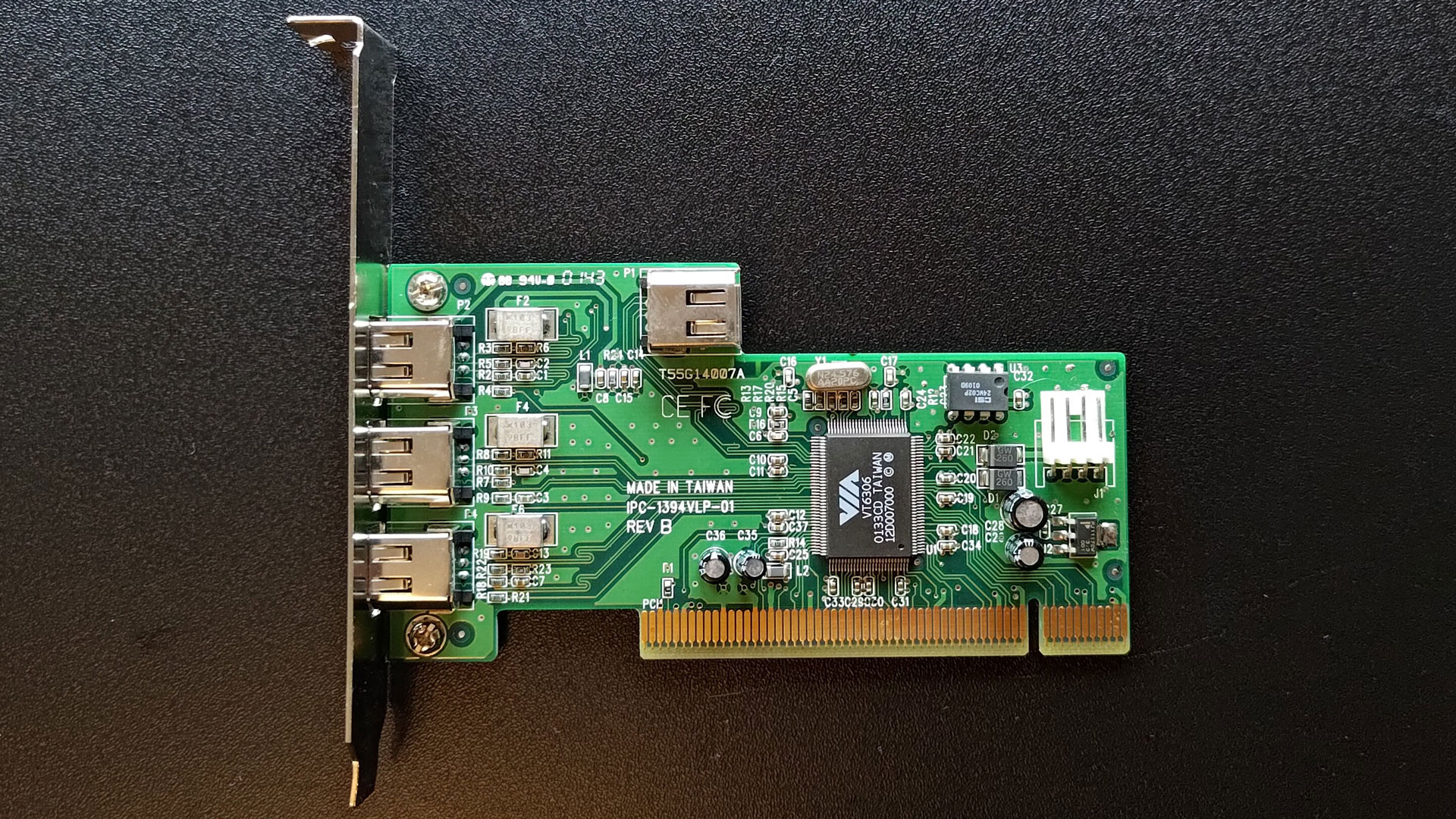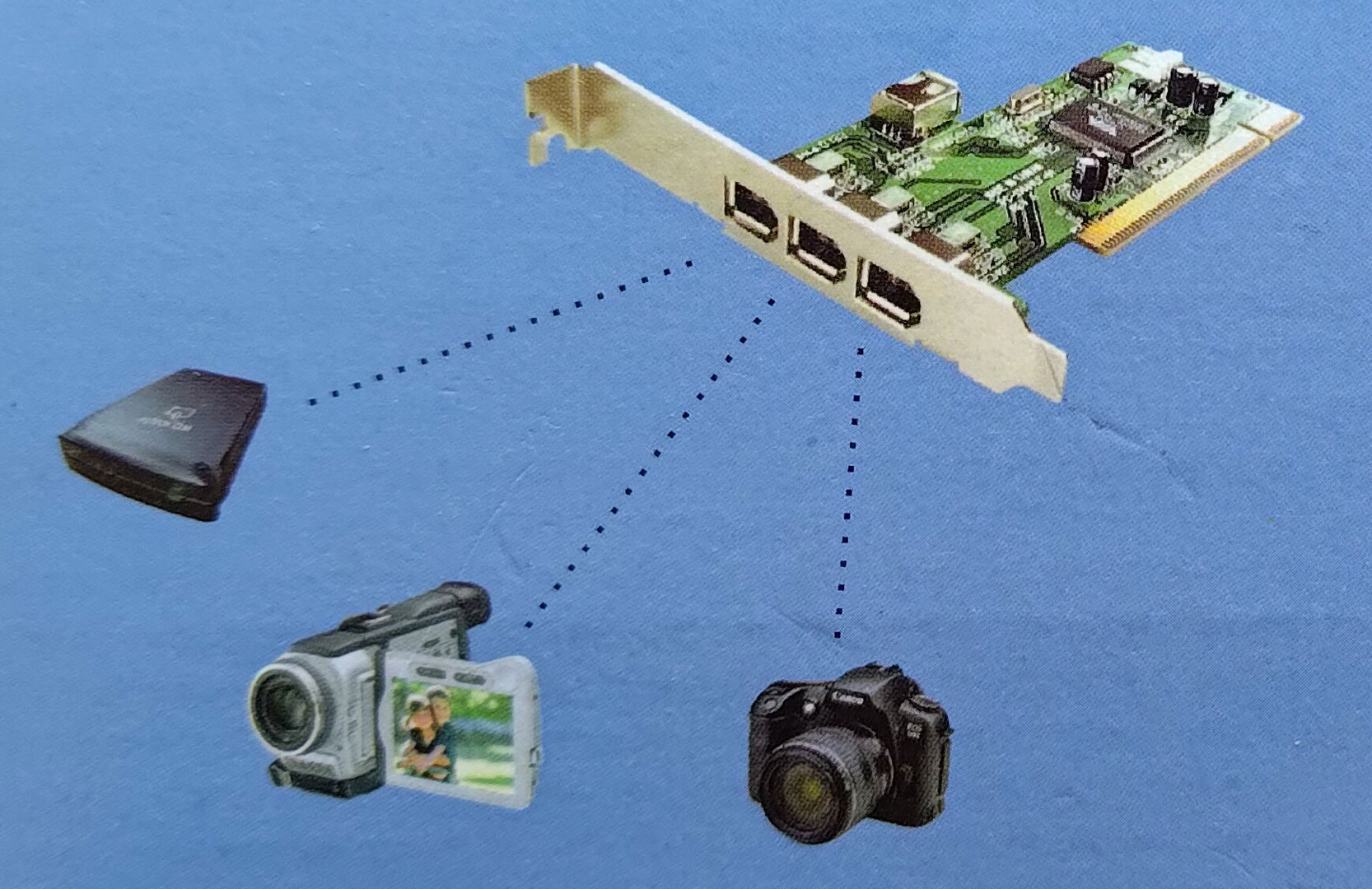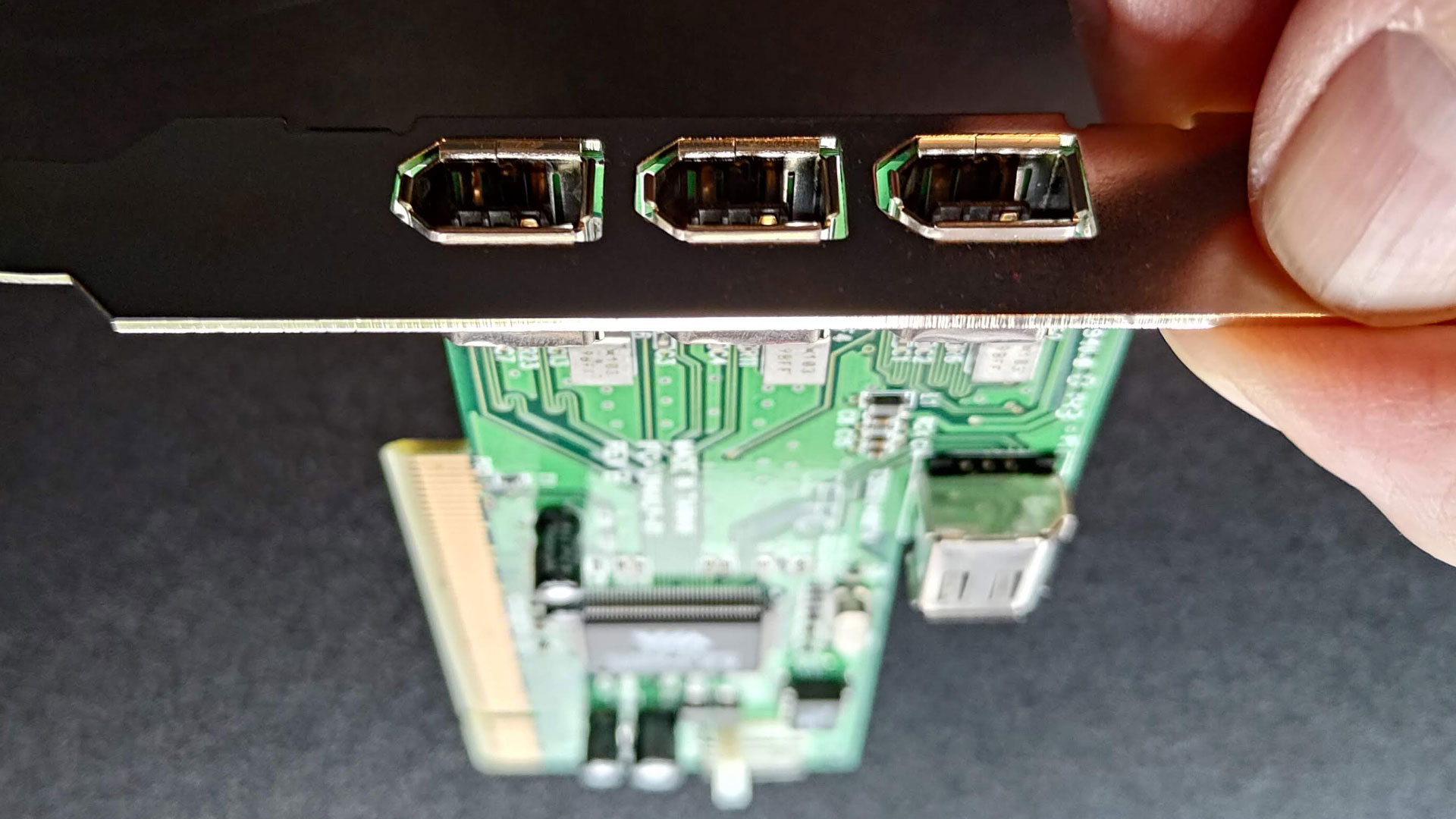Firewire refuses to die, but needs help — as hardware becomes rarer, maintainer seeks volunteers for device testing
The current maintainer hopes to maintain support until 2029.

The Linux OS Firewire Maintainer is looking for help from testers who are still using the ancient hardware. Takashi Sakamoto has made it his quest to keep Firewire (IEEE 1394) support going on Linux systems until 2029. However, with such hardware increasingly rare, he is looking for more input from the user base, reports Phoronix.
User testing is all the more vital for bug-free Firewire support in Linux 6.12 as there is a significant change to the underlying code this time around. According to the source, the processing context for isochronous packets has been reworked, and thus Sakamoto is hopeful that “many developers will test it before the official release.” The developer points out some benefits to making the change including the potential for a smoother-running sound subsystem. Firewire was popular in professional audio and video production circles so users might appreciate refinements, even this late in the game for IEEE 1394.



Firewire 1394 became established in the mid to late 1990s on computers touted as multimedia marvels. Two of the biggest brands that offered a Firewire port as standard on laptops and desktops were Apple and Sony (VAIO). Firewire’s fast low-latency data transfer capabilities, daisy-chained device friendliness, and device driver support all counted in its favor.
Even as USB protocols improved from USB 1.X, to v2, and v3, Firewire support endured as an entrenched and trusted standard with hobbyists and professionals invested in the platform and often pricey peripherals such as digital video cameras, data storage devices, and professional audio solutions.
As a seasoned computer enthusiast, I owned both Mac and VAIO computers sporting Firewire connectors, and still have an IDE HDD dock in a drawer with both USB 2.0 and Firewire ports, as well as a Firewire PCI card for DIY PC projects. Checking through computer history sources it looks like Apple, Sony (VAIO), and Dell all dropped built-in Firewire ports on their machines from around 2011 or 2012. PC desktops could, of course, continue to be upgraded with an add-in card, and there were adaptors for laptops too.
Ultimately the arrival of USB 3 and Thunderbolt 3 put the abilities of Firewire 400 and 800 connectivity in the shade. Appealing new hardware and software that used the newer standards – and which also support daisy-chaining - put the final nails in Firewire’s coffin.
Microsoft discontinued support for Firewire with Windows 10, so Linux is now the only mainstream OS to support the standard. It will be interesting to see if it gets a further reprieve in Linux after 2029.
Get Tom's Hardware's best news and in-depth reviews, straight to your inbox.

Mark Tyson is a news editor at Tom's Hardware. He enjoys covering the full breadth of PC tech; from business and semiconductor design to products approaching the edge of reason.
-
dimar Firewire cards Windows drivers work fine in Windows 11 and 10. I believe Microsoft discontinued Windows apps support for built in video capture ability. Also hardware is not rare, there's plenty selling on Amazon.Reply -
erazog It is still possible to use a Firewire to Thunerbolt adapter on modern Mac's for transferring camera DV footage so its not quiet dead on the MacOS side yet at least.Reply
Not all Firewire cards do work fine in Windows 10/11, many are very broken the only MS OS that is really fully compatible is Windows 7. -
decembermouse Reply
Yup. In lieu of any security concerns, of which if they exist I'm unaware, there's no reason to specifically disable the capability. Not actively maintaining the software for future Windows builds makes sense, as no new hardware will be forthcoming, but there's no reason to completely remove support for older devices. We can still use Zip drives, floppy drives, serial devices, and SCSI devices in Win10/11, with not too much effort. Microsoft isn't on the war path against old hardware.dimar said:Firewire cards Windows drivers work fine in Windows 11 and 10. I believe Microsoft discontinued Windows apps support for built in video capture ability. Also hardware is not rare, there's plenty selling on Amazon.